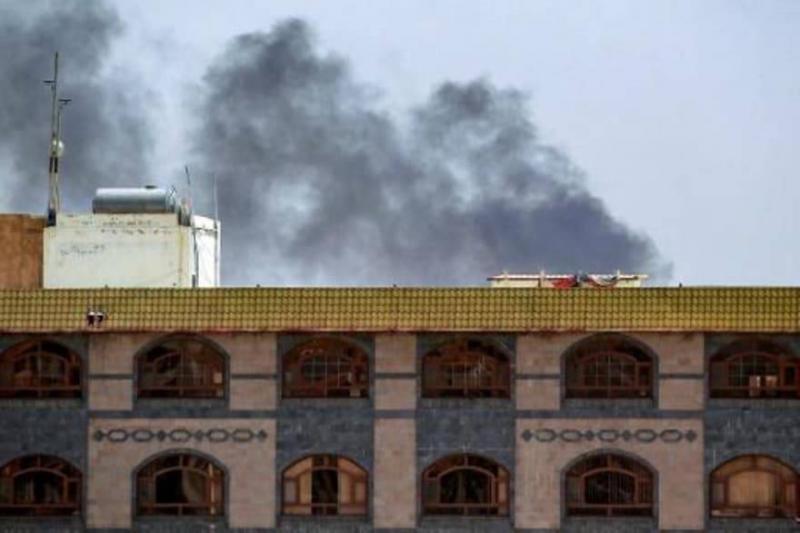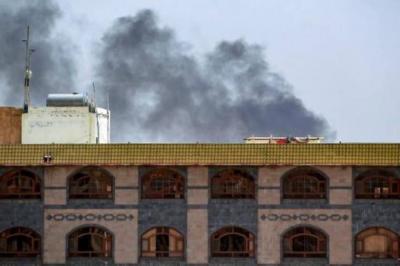The Houthi insurgents and the Yemeni government forces have sent reinforcements to the outskirts of the Baijan district in Shabwa (central Yemen) after the rebels made advancements and took control of the districts of Na'im and Numan in Al-Bayda. A potential further advance by the rebels in the Baijan area, located at the border of the government’s last stronghold in Ma'rib, could pose a significant threat to the government.
The Iran-backed Houthis have escalated their military efforts to seize Ma'rib since February, and the clashes have resulted in the deaths of hundreds from both sides. Control over this oil-rich area would strengthen the Houthis' negotiating position in peace talks. The battle has also raised concerns of a humanitarian disaster, as many Yemenis are fleeing to the area to escape fighting in other parts of the country.
A government military source told AFP that fighters from both sides have been sent to the outskirts of Baijan following the Houthis' control of two areas in the nearby Al-Bayda governorate. Ahmed Al-Humaqani, the deputy governor of Al-Bayda, confirmed to AFP, "We affirm the control of Houthi militias over the districts of Na'im and Numan and their advancement towards Baijan in Shabwa."
He added, "There is a significant displacement, with 80 people from Na'im, Numan, and Zaher fleeing their homes." He continued, "We in Al-Bayda are facing a humanitarian disaster and call on organizations for urgent intervention to help alleviate the humanitarian suffering."
On Saturday evening, the Houthi rebels took control of the Na'im district in Al-Bayda province without facing resistance after government forces withdrew, according to a government military source who requested anonymity. The source confirmed that the Houthis, after taking over Na'im, began to advance towards the Baijan district in the oil-rich Shabwa governorate.
The source indicated that the Houthis also made progress over the past two days in the Numan district in Al-Bayda to position themselves in sites overlooking Shabwa governorate. Al-Bayda has been witnessing clashes between both parties for three weeks, during which the Houthis have made gains on most fronts.
The conflict in Yemen involves a government supported since 2015 by a military coalition led by Saudi Arabia, against Houthi insurgents supported by Iran, who have controlled vast areas in the north and west of the country, including the capital Sanaa since their offensive began in 2014. While the United Nations and Washington press for an end to the war, the Houthis demand the reopening of the closed Sanaa airport, under a Saudi blockade since 2016, before any ceasefire or negotiations.
The conflict has resulted in the deaths of tens of thousands, including many civilians, according to various humanitarian organizations. Approximately 3.3 million people remain displaced, and 24.1 million people, more than two-thirds of the population, need assistance, as reiterated by the United Nations, which has confirmed that Yemen is currently experiencing the worst humanitarian crisis in the world.




